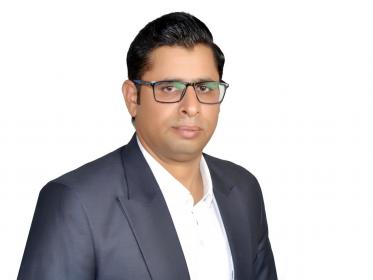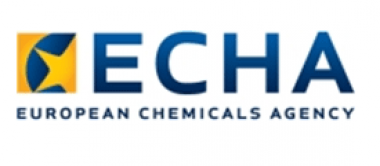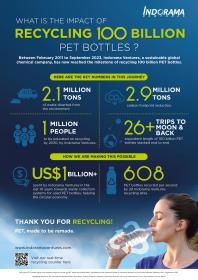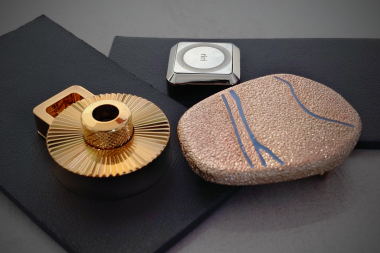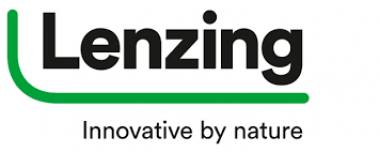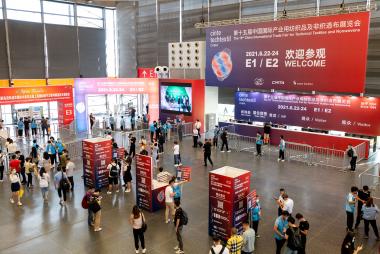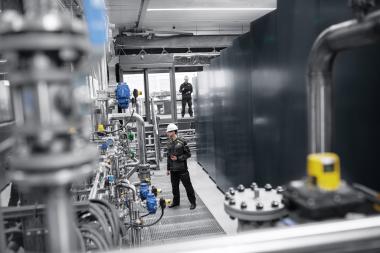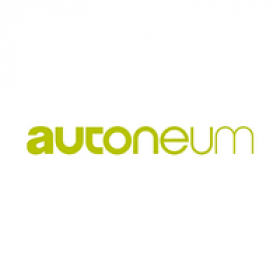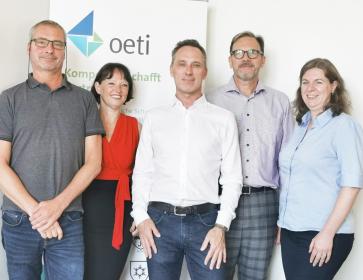NOPINZ using Mimaki’s textile dye sublimation solutions
Founded in 2013, NOPINZ is a UK-based manufacturer of clothing for cyclists and triathletes. The company's first product was the ‘SpeedPocket’, a product that allows competitors to attach their race numbers more easily (and with ‘no pins’) while improving the all-important aerodynamics. Soon recognising the customer demand for premade attire with incorporated number pockets, the company embarked on a mission to manufacture these new product lines itself. Today, NOPINZ boasts a diverse portfolio, with 60% of its products made in-house, catering to a growing customer base across the UK and international markets. NOPINZ creates speed suits for some of the world’s top cycling teams, as well as competitive amateurs.
NOPINZ places a strong emphasis on sustainability and is committed to minimising its environmental impact. Using a microfactory approach gives better oversight and control of the manufacturing process, including sourcing materials sustainably and locally where possible, reducing transportation, and improving access to recycling. “Our ‘zero to landfill’ policy, means that we reduce our wastage where possible and either recycle or donate excess product to charity,” Blake adds. “We hope to become a B-Corp company in the future.”
“We tested out a few printers, before we ultimately settled on Mimaki,” Blake Pond, the founder of NOPINZ explained. Now the company’s line-up entirely consists of Mimaki’s textile dye sublimation solutions.
“During our search we prioritised the ability to produce fluorescence and accurately replicate colours. Customers often come to us with existing kit made by other manufacturers, which they want to match, so accurately replicating colour is extremely important. And even without existing kit, customers occasionally ask for specific pantone colours. When it comes to cycling kit, colour is often pivotal when considering where to buy from.”
As two flagship dye sublimation printers, both the TS300P-1800 and TS55-1800 are equipped to print on the various technical fabrics that are needed for cycling attire and faithfully reproduce colours to meet customer expectations.
Mimaki EMEA







